 Amid reports Tzohar Rabbonim are requesting a list of approved Diaspora rabbonim from the Chief Rabbinate of Israel, the Chief Rabbinate’s spokesman released the following message.
Amid reports Tzohar Rabbonim are requesting a list of approved Diaspora rabbonim from the Chief Rabbinate of Israel, the Chief Rabbinate’s spokesman released the following message.
Of late there has been allegations against the Rabbinate regarding the process of documenting one Jewishness, being single, married, divorced, and giyur status, referring to documentation received from rabbonim abroad, and in light of the significant amount of disinformation being disseminated, I have decided to publicize the procedure by which the Chief Rabbinate of Israel operates.
When such a document is received from a rabbi from abroad there are three stages;
1. A check is done to verify if the rabbi signed on the document is indeed ordained and if he is recognized by the Chief Rabbinate of Israel.
2. To determine if the mosdos of the rabbi signed on the document operate in accordance with halacha.
3. To determine if the rabbi signed on the document has the tools and necessary knowledge to verify the contents of the document.
Contrary to what has been reported, the Chief Rabbinate does not maintain a black list of rabbonim whose documents are automatically disqualified or a list of rabbonim whose documents are automatically accepted. Each case is probed on its own merit.
Earlier this week, the Chief Rabbinate signed an agreement together with organizations representing thousands of rabbonim in the United States and Europe that regulates the relationship between the Chief Rabbinate of Israel and rabbonim in the Diaspora. Included in this agreement is the agreement that the Rabbinate will work in cooperation with European and American rabbis regarding issues pertaining to their communities. The agreement fundamentally contradicts allegations of an alleged split between the Chief Rabbinate of Israel and rabbonim in the USA.
Signed to the agreement with the Chief Rabbinate are the Rabbinical Council of Europe and the Rabbinical Council of America.
(YWN – Israel Desk, Jerusalem)



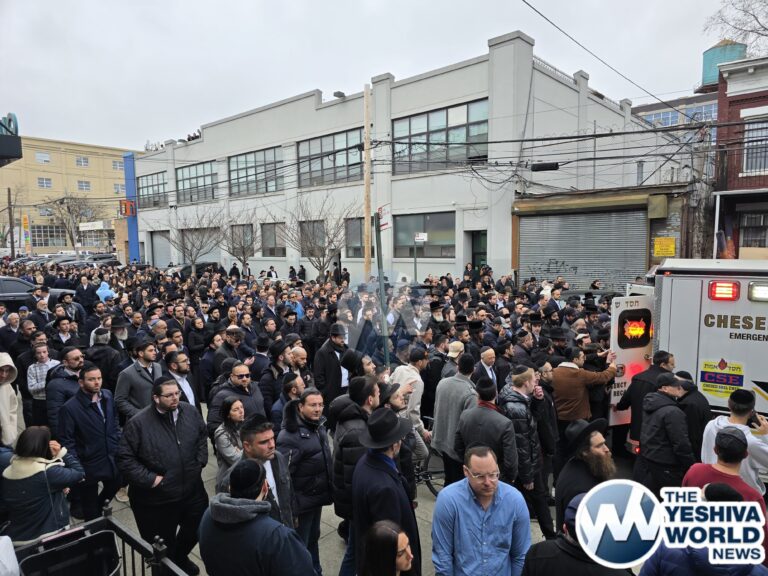

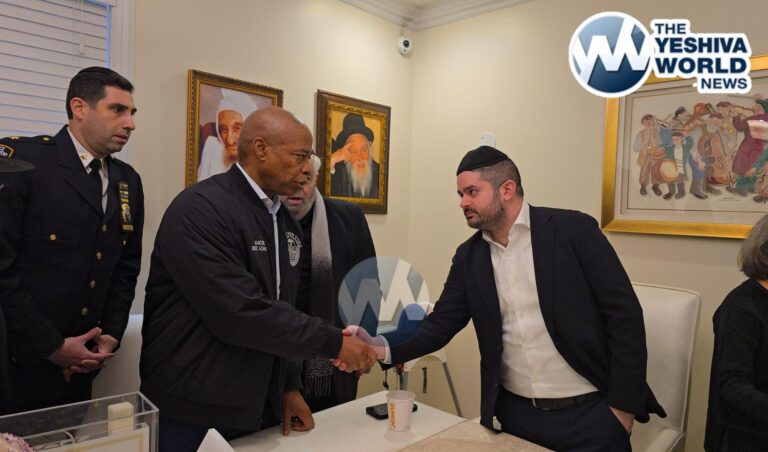
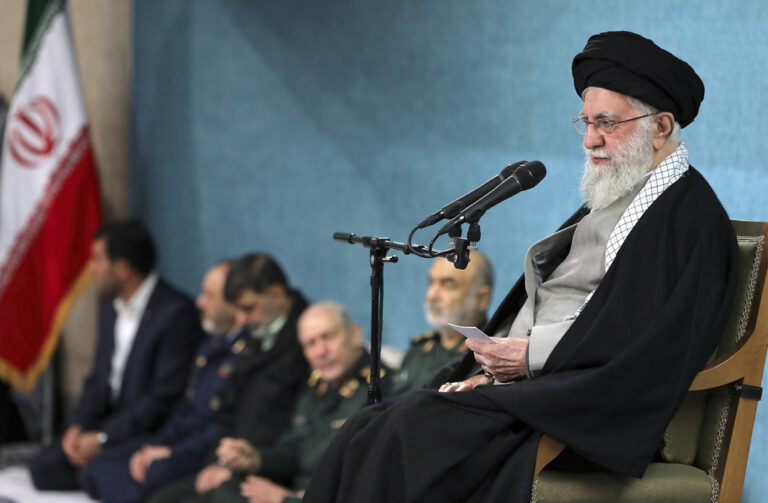
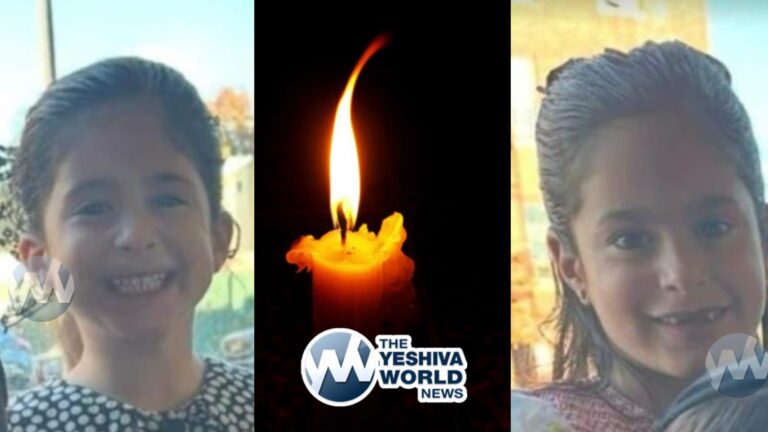
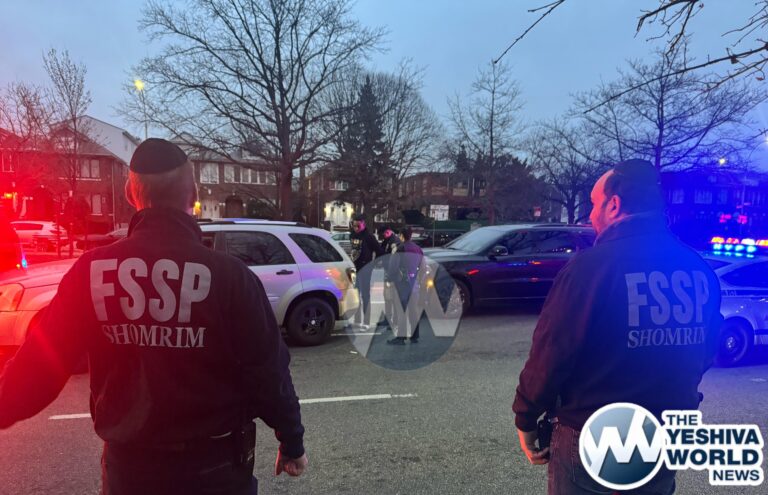

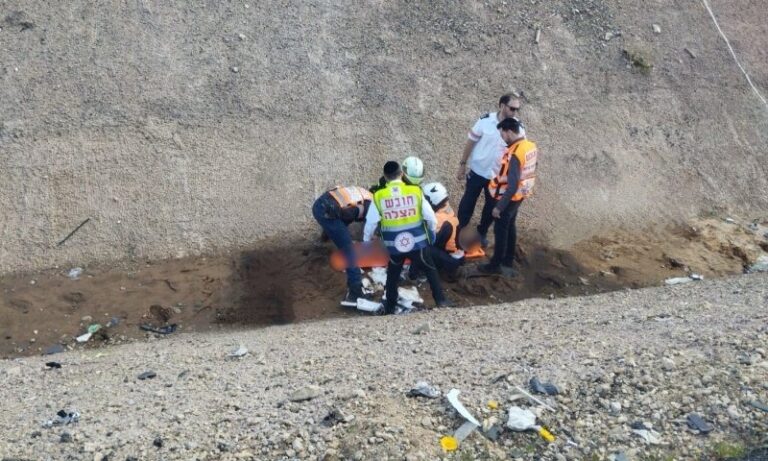

5 Responses
One problem is recognition of “conservadox” conversions that don’t require that the person is planning to be Shomer Mitsvos.
The second problem is conversion from non-zionist Beitei Din that have many humrahs that the Israeli government doesn’t favor.
The problem is that for political reasons, they want to recognize the former and not the latter.
Geirus is a halacha L’maeise not a Chumrah club.
Why should anyone favor a Beitei Din that lap Chumrahs onto a halacha?
That’s funny everyone was debating whether this list should or should not be released and it doesn’t exist. Interestingly it raises the question of whether this list should be created for transparency. The three qualifying factors are all the same thing and can be summed up easily…
Is the Rabbi Ordained by an organization recognized by the Chief Rabbinate, is he known to follow Halacha currently (still on the derekh) and does he understand the conversion process.
This list would be fair to both the Rabbi and the convert. IF the Rabbi is accused of not being with in the fold he can protest. If the convert is seeking a Rabbi they may be able to find one who is approved by the Rabbinate if that is important to them.
Another basic problem is that they are affiliating the Chief Rabbi with the RCA. There are many more right wing groups (not necessarily anti-zionist) than the RCA that perhaps ought to be listened to about these issues. For example, the Roshei Yeshiva of many of the yeshivas.
The problem is the Chief Rabbinate not following halachah. You don’t have to be a rabbi to testify to matters of fact! Abolish this non-Orthodox Chief Rabbinate!!!